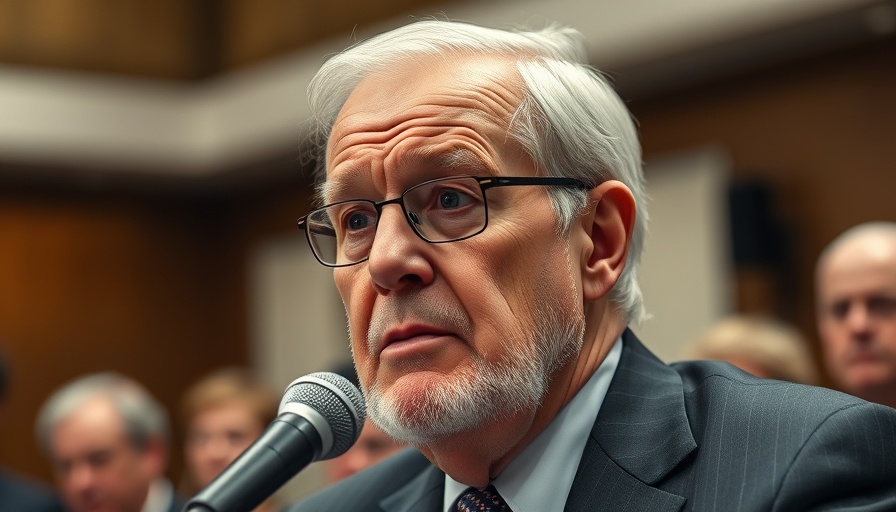
RFK Jr.'s Vision for Vaccine Reform: A Risky Proposition?
In a move that could significantly impact public health, Robert F. Kennedy Jr., the U.S. Secretary of Health and Human Services, has voiced intentions to reform a crucial program underpinning childhood immunizations in the United States. This initiative, the Vaccine Injury Compensation Program (VICP), is designed to provide compensation for individuals who experience severe side effects from vaccinations without the need to establish negligence on the part of vaccine manufacturers. Originally established in the 1980s, the VICP emerged in response to a crisis where legal challenges were leading vaccine companies to exit the market, a situation that resulted in a decline in childhood immunizations.
The Link Between Vaccine Manufacturers and Public Trust
The VICP operates on funds generated through a tax on vaccinations and offers legal protections to manufacturers, creating a less risky environment for producing vaccines. Kennedy's criticisms suggest he believes these protections diminish the motivation for manufacturers to ensure the safety of their products. His assertion reflects a long-held skepticism of vaccines, a perspective shaped by his founding of an anti-vaccine organization and public disapproval of what he considers unnecessary medical interventions.
Public Health Implications of Changing the VICP
If Kennedy alters the VICP, the repercussions could be dire. Vaccine manufacturers might revisit the option of abandoning the U.S. market if they sense that liability and risks associated with their products increase. During the 1980s, this very trend led to a significant decrease in vaccination rates, which had a direct correlation with outbreaks of preventable diseases. As professionals and health advocates urge for high immunization coverage, changing the VICP could reverse hard-won progress.
Exploring the Continuing Debate on Vaccines and Health
In support of his argument, Kennedy has reiterated the disproved correlation between vaccines and autism, hinting at broader implications linking immunizations to chronic health issues like diabetes or narcolepsy. While scientific consensus categorically denies these links, the emotional narratives surrounding vaccine skepticism remain powerful. The question arises: how do we mediate between valid concerns and established scientific facts?
Examining Feasibility: What Might Change?
The proposed changes might include a broadened scope for those who qualify for compensation under the VICP, but details remain sparse. Critics assert that without a nuanced understanding of the existing system, any rapid overhaul may invite unnecessary chaos. This has prompted health professionals to call for transparency and evidence-based discussions about the program's future and vaccine safety.
The Counterpoint: Advocating for Vaccine Safety
Advocates for vaccination argue that while it’s crucial to address genuine concerns regarding vaccine safety, doing so through misinformation can erode public trust and result in greater health risks. Vaccines are considered one of public health's greatest achievements, responsible for drastically reducing, and in some cases eliminating, infectious diseases.
How to Approach Discussions on Vaccination
For individuals and families, navigating the complex landscape of vaccine information is essential. Engaging with healthcare providers, seeking reliable sources, and discussing concerns can foster a more informed community. It is vital to strike a balance between healthy parental caution and maintaining widespread vaccination rates to protect public health.
As the dialogue on vaccines evolves, it is imperative for men aged 35 to 55—particularly those who are health-conscious professionals—to stay informed about these developments and their potential implications for community health.
Take Charge of Your Health Decisions
The potential changes to the Vaccine Injury Compensation Program beckon everyone to evaluate their positions on vaccinations and health care practices. Engaging with reliable sources and communicating with health professionals will empower you to make informed choices about immunization for yourself and your family.
 Add Row
Add Row  Add
Add 




Write A Comment